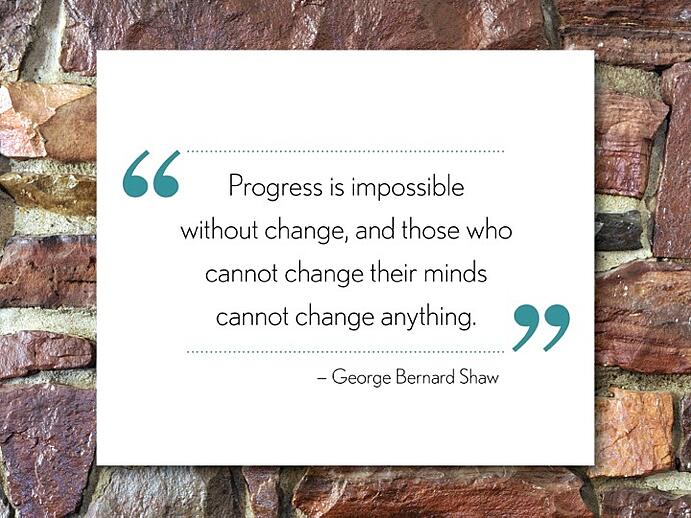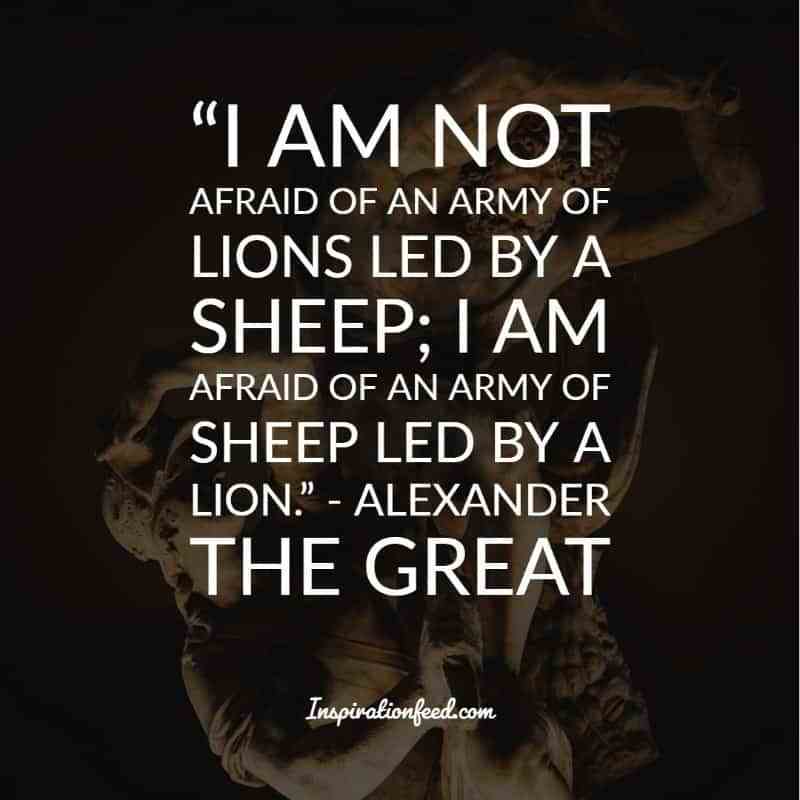Cometh The Hour, Cometh The HR Team
- by PH818511
- •
- 25 Mar, 2021
- •
How companies must adapt for a psychologically effective work place.

Research suggests that sparing a thought for your HR Team this quarter may reap disproportionately long term rewards. Over the past few years it's likely that your human resources talent have been busily preparing your company for comparative (in pandemic terms) fripperies. These will have included leaving the EU, attracting the best talent with new ‘woke’ requirements, machine learning and AI based shifts in personnel, to name a few. Of late however, many such tasks will have been sidelined as your HR professionals negotiate the myriad of Covid related complexities. Thus, whilst many well honed human resources teams may appear to be gliding serenely through the water, it's likely that they are paddling furiously beneath. In recent months, alongside the plethora of complex pre-covid challenges brought forth during recent years, your HR professionals will have been equally consumed with the dramatic changes facing the broader post covid landscape of human resources itself.
It was observed in 1809 that long term survival of an organism is dependant predominantly upon its ability to adapt to change. Organisations are no different. A wave of change is inarguably upon corporations and the way they deal with their human element. In response to which, many of our corporate clients are choosing to discard the often ‘auxiliary’ perception of the HR team. Human Resources functions are being driven closer towards the heart of many forward thinking organisations, as leadership begin to heed research supporting that this team of people have the innate ability to empower profitable corporate change. Questions many companies are currently asking themselves include: How prepared is our company for the intensity of corporate reshaping prompted by the current global pandemic? Does our HR team have the tools and breadth of operation it needs to respond to the new specific ‘human’ and ‘remote’ challenges we face? In answering these questions, the following areas of HR ops are pivotal.
Perhaps unsurprisingly, Adecco group has recently found that 75 percent of workers wish to keep the flexibility they have benefited from during the pandemic. More surprisingly however is research suggesting that this new method of professional functioning may actually be of value to employers: Flexible workers are often more engaged and statistically less likely to leave. Now, this is where the real work begins for HR and where their metal is tested. How can your company or team maximise the performance of its professionals whilst not falling foul of the many and well documented pitfalls associated with flexible/ home working? Such snares are summarised by research institutions including The Centre for Evidence Based Management. Studies underline that hazards tend to fall under three main factors highlighted as being vital in a ‘psychologically effective workplace’. These three essential factors are ‘trust’, ‘information sharing’ and ‘social cohesion’. Three constructs which are illusive at the best of times within most organisations and even harder to achieve when the workforce is at home.
It becomes clear then, that some hard graft will be required if we are to cultivate a psychologically effective workplace and reap the aforementioned benefits offered to us by a more a more flexible working environment. HR teams must devise new ways to create drive, innovation, thrust and rapport amongst an organisations greatest asset – its professionals. In recognition of the broadening roles of the oft-pidgeonholed HR team, forward thinking companies are prioritising support for HR executives in their exploration of how to inspire leadership and their teams in this new age. As well as considering the dramatic adaptation which HR is currently attempting to facilitate, daily tasks will also need rethinking. Many will attest for example to the difficulties associated with onboarding where new hires don’t even enter an office. Possibly, Human Resources have never had a more acute part to play in the performance of an organisation than now, when they must consider how to nurture a psychologically effective working culture, remotely.
Another central area to support your HR professionals in, is that of wellbeing. Whilst this concept is by no means new and sits close to the top of many corporate agendas, thanks to Covid this concept has taken on a new level of gravity and functional importance. Before 2020, more employees than ever were suffering from poor mental health. After what is now a year of social isolation, professional upheaval, emotional challenge and financial hardship, our workforce is under more (invisible) pressure than ever. Just as a race car cannot be expected to win with worn parts, our professionals will not outperform the competition when they’re run down and stressed. It is perhaps timely and logical that HR teams also be given the tools they need to offer services which maximise personal growth, professional development and mental wellbeing.
Whether handled via an in-house team or outsourced to an external HR specialist, now is the time for HR professionals to be accurately utilised. Any flippant regard for this fundamental department should as of now be placed firmly in the corporate rear view mirror. Visionary leadership will be required going forward to create the necessary human resource driven adaptations if organisations are to take advantage of the possibilities presented by the new flexible/ remote working culture. Cometh the hour, cometh the HR team...

Whilst workplace stress is receiving a healthy amount of attention these days, a very particular group remain unattended to. For the majority of senior executives, accurate assessment of their own levels of stress continues to be overlooked. A destructive, yet understandable taboo persists amongst corporate leaders in both identifying and addressing their own overwhelming stress. Psychological research attributes this largely to the fact that executives themselves see any such admission as a sign of weakness. From time to time, a manager, HR specialist or an executive coach may pick up on some behavioural signs of severe stress, such as substance abuse, anxiety or severe tiredness. However, unless the intervening professional is either a medical doctor or has psychological training they are unlikely to be equipped to assess masked stress behaviours, let alone effectively encourage acknowledgement of the issue. Furthermore, coaches and HR specialists whilst helpful, are rarely trained in the psychodynamic protocols required to assist the executive in dealing adequately with concealed stress. Thus, senior executives require the support of professionals familiar with the areas in which executive stress often arises, and who are then able to evaluate veiled stress levels and promote self-awareness. Most crucially though, they must be able to do this in a group of people for whom ‘stress’ is simply not a topic for discussion.
Research suggests that the wellbeing of our corporate leaders is being neglected due to an unwillingness and inability to recognise and manage workplace stress. Our industry captains are trained at an early age in the art of concealing imperfections and later on, in obscuring professional struggles. After all, who would respect a leader who admitted to feeling tired, anxious or overworked in today’s competitive corporate environment? Surely a competent leader should be the ‘ideal’, void of all weakness and represent the epitome of strength? It is this common perception which necessitates self-deception and impression management tactics in leaders, and which deters senior professionals from seeking even secretive assistance. It is unrealistic however to expect people to cast off the natural human desire to be led by idealistically strong or perfect executives, or the desire of executives to embody that. We can nonetheless assist leaders in the discreet identification and recognition of this organisational enemy which has been shown to constrain both corporate and personal growth. So why and how should we approach the ‘unnamed scourge’ of the boardroom?
The challenge faced by executives and corporations due to stress is increasing under the perpetually evolving face of global business. Life in the fast lane is more challenging than ever. It now encompasses colleagues who work on opposite sides of the globe, relationships conducted solely electronically, frequent mergers and acquisitions, far flung loved ones and social media which demands a greater portion of our cognitive energy than our actual day jobs. Executives nowadays have a broad burden to bare. Professionals who experience stress related depression and exhaustion are worryingly common and well researched (Nyberg et al., 2015) with awareness raised only periodically by high profile cases such as that of the 2013 suicide of Zurich Financials CEO. No less than five top executives at the largest Swiss financial institutions took their own lives over a period recently of eight years. Understanding and promoting the psychological wellbeing of an organisations top performers not only avoids human tragedy, but also has a profound and more materialistic impact on a company. In 2012 as news was released that the CEO of AkzoNobel went on sick leave due to fatigue and work stress, the company’s shares dropped by 4%. The day his return was announced several months later, share prices rose by 3.7%. Senior executives well-being and health problems inarguably impact not only the support of employees, but also that of shareholders and investors. It’s also no wonder that research by a leading U.S University puts the cost of stress to American business at $344 Billion a year in medical bills and absenteeism. Thus, and as the social taboo surrounding stress in our leaders is not likely to disappear any time soon, stress management can and must be considered in all leadership performance forums. If not, and as history has foretold companies will reap not only human but also corporate misfortune.
As far as the executives themselves are concerned, it has been observed that this group have a tendency to wear ‘stress’ as something of a badge of honour: If you don’t have it, then you are probably not working hard enough. Senior executives have a propensity to acknowledge that stress is there, whilst forbidding themselves from acknowledging its true impact, to themselves or to others. “Got to suck it up” or “All part of the territory”. It is seen as normal for executives to survive on five hours of sleep a night, to be under constant pressure and to be glued to their emails every day of the week. This high performing, highly paid body of workers are thus particularly susceptible to stress and illness, but have neither the social permission, nor the time or self-awareness to identify and to deal with this dynamic. Thus, whilst executive stress is apparently ‘accepted’ it is nonetheless ‘normalised’ which further exacerbates the taboo: “Stress is normal for people like me, everyone else manages, so should I”. So how can performance professionals and leadership development interventions best take this issue in hand, allowing for the social requirement for organisational resistance and self-deception in executives?
Given the above landscape, most executive coaches and HR professionals are ill equipped to deal with executive stress. Performance Psychologists and those extensively trained in mental wellbeing are able to identify stress issues and particularly those relating to self-deception and the unconscious aspects of an individual’s perception at work. For example, research suggests that positive results are achieved through employment of a psychodynamic approach to stress in executives, permitting a more subjective examination of work and wellbeing. In other words, stress is a highly unique experience for each individual and is most effectively analysed when situated in the context of an individuals own life circumstances and experiences. After all, some executives may well enjoy or receive a relative ‘pay off’ from stressful situations. (Driver, 2014, Bricknell, 2010). A challenge, whether it be physical or emotional will include a neurological reaction – an adrenaline rush resulting in a potentially positive emotional sense of accomplishment. Many Police professionals or those in the Military opt to return to intensely stressful scenarios time after time as they profess to receiving emotional reward or subjective benefits to doing so. (Kets de Vries, 2010). So another question which a performance psychologists might ponder is how stress in executives can be harnessed and re-routed down just such a positive, versus a negative path. How can executives be trained to focus their perception of stress towards a mindset more a kin to ‘relishing challenge’ or ‘opportunity for positive change’ rather than ‘fearing failure’ or ‘be afraid of negative consequences’. Any psychology professional experienced in leadership psychology and applied neuroscience will tell you that such cognitive behavioural change is achievable. The potential for altering the pathway and impact of stress in an executive is vast, but only once it’s existence has been acknowledged and assessed.
Whatever the interventions employed in managing behavioural pathways relating to stress in corporate leaders, it is vital that professionals are able to employ tools which assist the executive in the accurate analysis of stress indicators, despite the existence of self-deception, impression management or poor self-awareness. Executive stress effects a group for whom self-deception is a common and often necessary survival technique. Performance psychology consultants will work with organisations to engage the requisite psychodynamic lens in identifying the infamous ‘Dark lord’ of the corporate world. The proper naming of which has a powerful dual benefit: improvement of both organisational performance and the personal wellbeing of a company’s most valued professionals.







